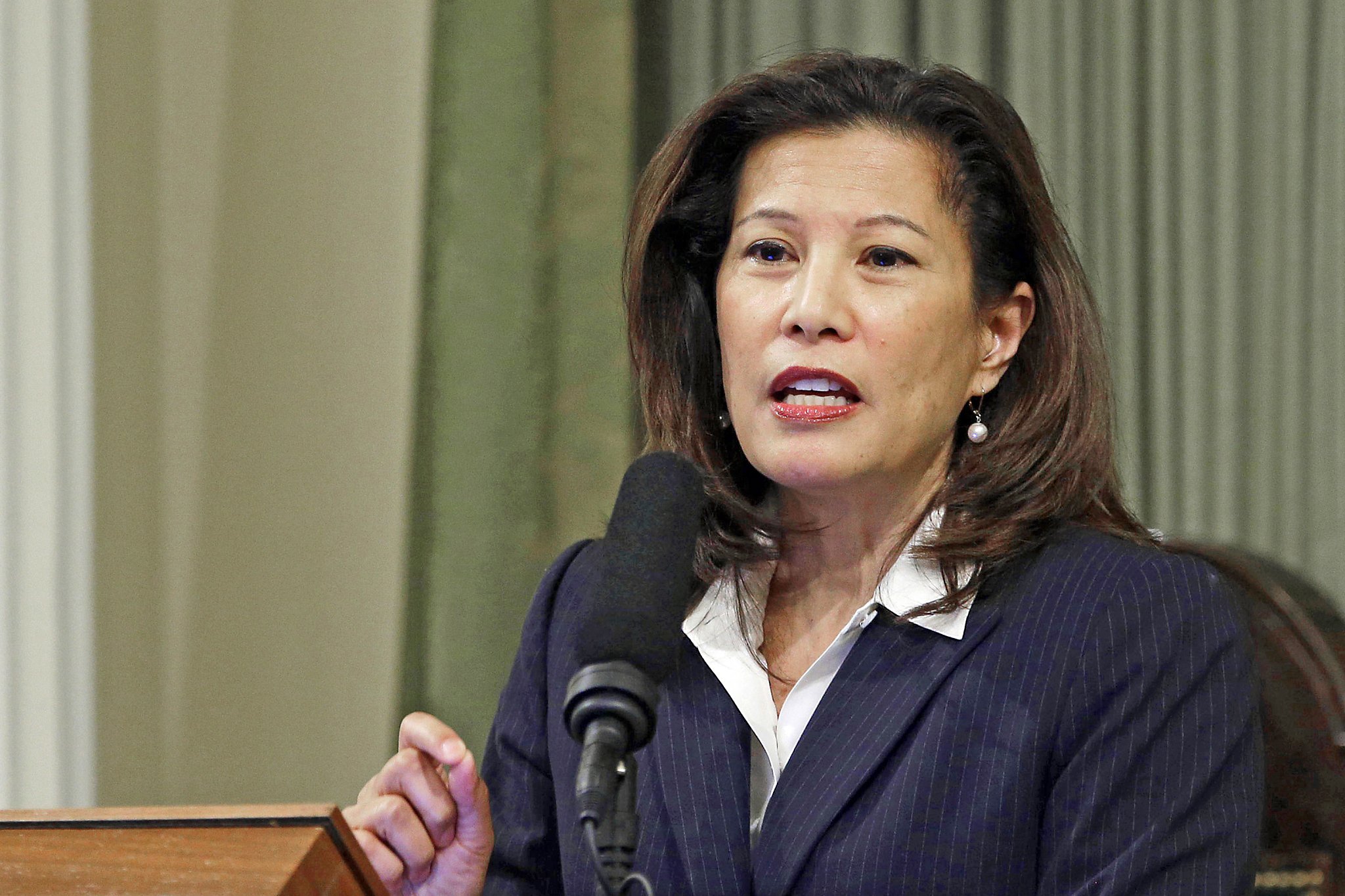The state Supreme Court ruled on Thursday in a ruling that would hurt Uber, Lyft and other companies in multiple lawsuits, according to ABC’s stringent California test, which makes it difficult to claim that workers are independent contractors.
The ABC test was released in an April 2018 decision called Dynamex stating that workers should be considered employees unless (a) they work without the control of the recruitment entity; (B) Performing business outside the usual court for the chartering entity’s business. And (c) it has an independent business that does this kind of work.
The consensus said: “Public policy and equity concerns, such as worker protection and benefit businesses that comply with wage-order obligations, favor the retroactive application of Dynamex.” Opinion Authored by Chief Justice Tani Cantel Sakawi. The Court of Appeals for the Ninth Circuit In May 2019 he said Dynamex should be retrospective.
Dynamex’s decision supports California’s massive controversial AB5 labor law, which codified the ABC test with the exemption from many occupations and expanded its scope beyond wage orders.
Uber, Lyft, DoorDash and other operating companies classify them as independent contractors rather than employees, saying they rely on the flexibility of this model. Doing so also saves millions of dollars in benefits, minimum wages, overtime, and other expenses. Party Companies spent $ 220 million convincing voters to bypass November Proposition 22, Which keeps its workers as independent contractors and relieves them of AB5 starting with its approval in mid-December. Union groups A lawsuit for a coup Measure this week.
The proposal does not protect 22 companies working retroactively. They face a host of lawsuits over employment classification, both from government agencies and their workers. The Supreme Court’s decision means that if the party companies lose those cases, they could face much greater penalties as they could be found responsible for the actions before Dynamex goes into effect in April 2018.
In the largest of them, California The attorney general and three city attorneys Uber & Lyft in May. The California Labor Commissioner sued The two companies in August, saying they committed wage theft by misclassifying drivers. Several drivers and couriers have joined in the mis-rating lawsuits against Uber, Lyft and other gig companies.
“They will not be so lucky,” said Bob Iasa, a lecturer at the Duane Morris law firm in San Francisco. “For any pending case, the test that applies to it will be Dynamex and will go back as far as the statute of limitations allows,” usually three or four years, depending on the work code applied.
“Even though Uber and Lyft have spent record amounts of money rewriting the law in their own favor, they can’t change the fact that they broke the law for years before Prop. 22 by not designating their drivers as employees,” said John Coty, San Francisco City Attorney’s spokesperson Dennis Herrera, He is a plaintiff in a California attorney general’s lawsuit against passenger carriers. “This decision reinforces the position we have maintained throughout.”
Uber Lyft did not immediately respond to requests for comment. The California attorney general’s office declined to comment.
Shannon Les-Riordan, a Boston attorney who filed misclassification cases on behalf of party workers and bouncers, said the decision should help California workers seek compensation for wage violations that occurred before April 2018. She has lawsuits and pending arbitration against Uber, Lyft and Sunset DoorDash, Postmates, Instacart, Shipt, and Amazon.
She said in an email that the court “confirmed that this stringent test was necessary because the earlier relaxed standard … led to inconsistent results that did not provide adequate protection for workers.” “This decision is another indictment of view 22.”
But MC Sungaila, head of appeals practice at law firm Buchalter, said the new decision could be harmful to employers.
“In the wake of the pandemic, this raises concerns for small businesses that may be affected by backward wage and hour lawsuits,” she said in a statement.
Besides party workers, the ABC testing is affecting other sectors, said Laura Paden, chief personnel attorney for the Washington National Employment Bill.
“We see (misclassifying) a lot in industries where work is mostly done by people of color, like guarding, home care and trucks,” she said. These are often low-wage industries where workers have little bargaining power.
She said the court ruling “will greatly facilitate accountability for companies that have been implementing this type of scheme for years.”
For example, Jan-Pro Sentry, in a case under ruling on Thursday, abandoned converting its immigrant workforce into employees by requiring janitors to prove that they have independent franchises. She said that was “despite Jan Pro controlling most of the work and they were not running their own business.” “Jan-Pro has been able to evade workplace protections and place the burden on its employees from risks and expenses normally incurred by the employer.”
Caroline Saeed is a writer for the San Francisco Chronicle. Email: csaid@sfchronicle.com Twitter: Embed a Tweet

“Appassionato pioniere della birra. Alcolico inguaribile. Geek del bacon. Drogato generale del web.”





